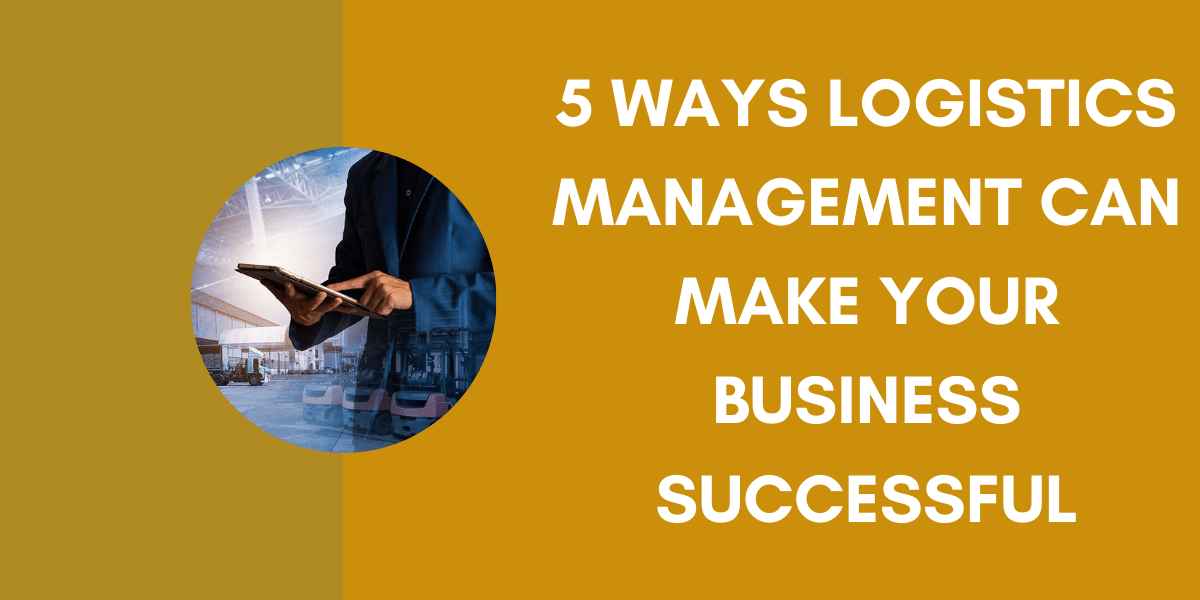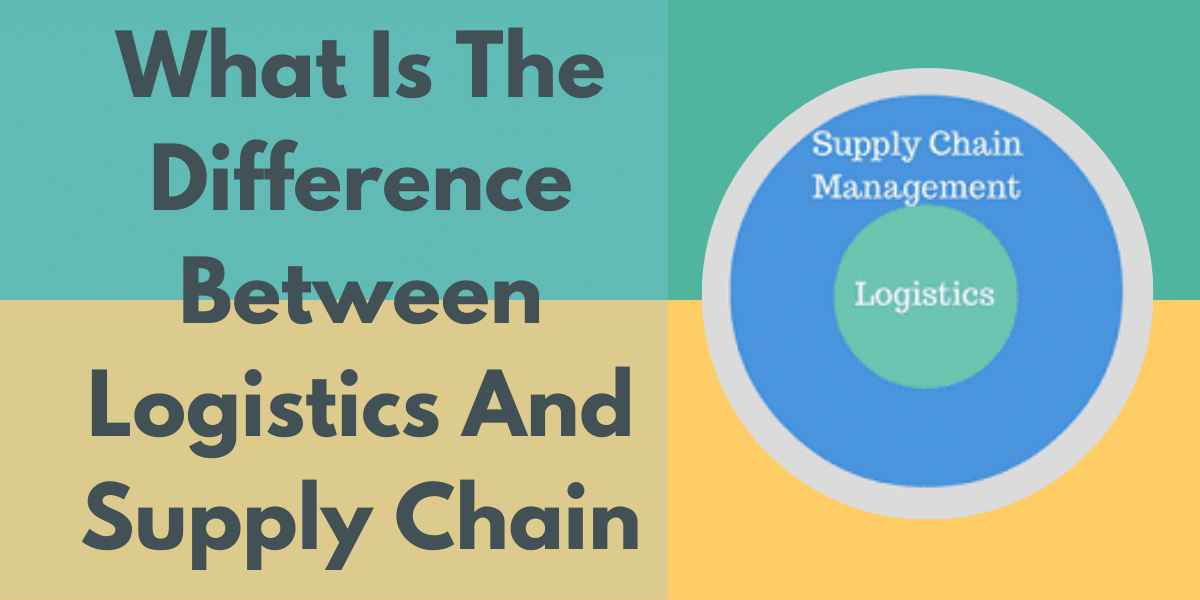What Is Logistics, And How Can It Help You?

You’ve probably heard the term “logistics” before, but what is it, really? Logistics is the coordination of all resources required to complete a process or activity. In other words, it’s making sure that everything runs smoothly and efficiently. When it comes to businesses, logistics can be applied in a number of ways.
It can be used to optimize production processes, streamline supply chains, or even improve customer service. In short, logistics is a powerful tool that can be used to improve just about any aspect of your business. In this blog post, we will explore what logistics is and how it can help you. We will also touch on some of the different types of logistics services that are available to businesses.
What is logistics?
Logistics is the process of planning, implementing, and controlling the efficient and effective flow of goods, services, and information from origin to destination. In a business context, logistics can be applied to the movement of materials, inventory, and personnel.
The goal of logistics is to ensure that goods and services are delivered in a timely and cost-effective manner. To achieve this, businesses need to carefully plan and coordinate their supply chains. Logistics can be complex and challenging, but it plays a vital role in ensuring that businesses can operate effectively.
There are many different types of logistics service providers that businesses can use to help them with their supply chain management. These providers offer a wide range of services, including transportation management, warehousing, order fulfillment, and more. By working with a logistics service provider, businesses can streamline their operations and improve their bottom line.
What are the different types of logistics?
There are four different types of logistics: inbound, outbound, third-party, and fourth-party.
Inbound logistics is the process of bringing goods and materials into a company. This can include receiving goods from suppliers, managing inventory, and transporting goods to manufacturing or assembly plants.
Outbound logistics is the process of shipping finished products from a company to customers or retailers. This can involve packaging and labeling products, arranging for transportation, and managing inventory levels.
Third-party logistics is when a company outsources its logistics operations to another company. This can be helpful if a company does not have the resources or expertise to manage its own logistics.
Fourth-party logistics is when a company outsources its entire supply chain to another company. This includes both inbound and outbound logistics, as well as other aspects of the supply chain such as warehousing, transportation management, and order fulfillment.
Find The Best Logistic Company In Dubai.

What are the benefits of logistics?
There are many benefits to incorporating logistics into your business operations, including improved efficiency, reduced costs, and improved customer satisfaction.
- Improved Efficiency:
Logistics can help you to streamline your operations and make them more efficient. By carefully planning and managing the flow of materials and information, you can minimize waste and maximize resources. This can lead to shorter turnaround times and lower production costs.
- Reduced Costs:
Logistics can also help you to reduce your overall costs. By optimizing your supply chain, you can minimize transportation costs, inventory costs, and other associated expenses. Additionally, using logistics can help you to improve your buying power and get better deals from suppliers.
- Improved Customer Satisfaction:
Finally, incorporating logistics into your business can help you to improve customer satisfaction. By ensuring that orders are filled accurately and on time, you can keep your customers happy and coming back for more. Additionally, by offering tracking information and other transparency tools, you can build trust with your customers and show that you value their business.
How can logistics help you?
Logistics is the process of planning, executing, and controlling the movement and storage of goods and materials. It includes the coordination of transportation, warehousing, and inventory management.
Logistics can help you by reducing your costs, improving your efficiency, and increasing your customer satisfaction.
- Reducing your costs: Logistics can help you save money by reducing your transportation and inventory costs. By using logistics to optimize your shipping routes and schedules, you can reduce the number of miles that your shipments travel and the amount of time that they spend in transit. This can lead to significant savings on fuel and labor costs. In addition, by consolidating your shipments and using just-in-time delivery methods, you can minimize the need for warehousing space and reduce your inventory carrying costs.
- Improving your efficiency: Logistics can also help you improve your business efficiency. By streamlining your shipping and receiving processes, you can reduce the amount of time required to complete transactions. This can free up valuable resources that can be used to improve other aspects of your business. In addition, logistics can help you better utilize your staff by ensuring that they are working on tasks that are best suited to their skillsets.
- Increasing your customer satisfaction: Finally, logistics can help you increase customer satisfaction by ensuring that orders are delivered on time and in good condition.





